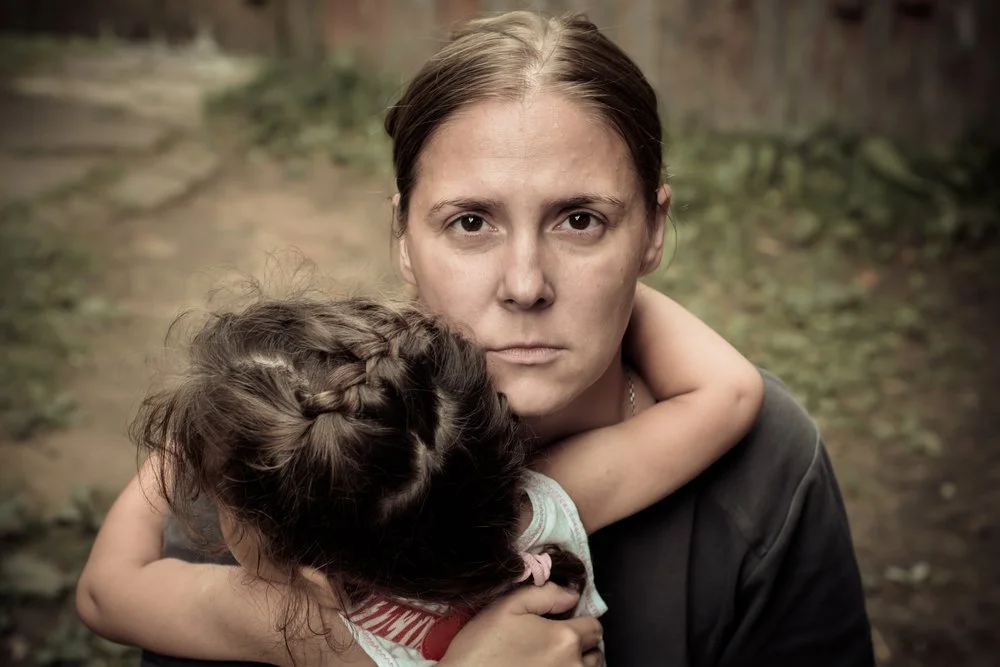SURVIVING FINANCIAL ABUSE:
THE BATTLE FOR CUSTODY IN DOMESTIC VIOLENCE CASES.
The Dissolution Advocates NW | LLC
Consider the likelihood of your spouse seeking custody and their financial means to do so. Are there significant disparities in resources between the two of you?
Domestic violence ranks as the third leading cause to family homelessness in the United States, worsening an issue that is unfortunately prevalent in the nation.
When women leave abusive partners, they often find themselves with limited or no financial resources. Abusers frequently employ financial control tactics, cutting off their partners' access to money and then immediately targeting custody of the children. These abusers seek total control and will go to great lengths to maintain it, with some unscrupulous attorneys exploiting this dynamic for financial gain. The repercussions of this greed in the courtroom are devastating for both children and parents. Some lawyers prioritize their clients' interests above all else, engaging in a harmful game that prioritizes financial gain over the well-being of families. This circus-like atmosphere results in a distorted system where children are treated as commodities, traded through legal proceedings where the highest bidder often wins. It's a troubling reality that highlights the urgent need for reform.
Claims of domestic violence do not influence the likelihood of abusers being granted custody of their children or being required to have supervised visitation. Abusers are awarded unsupervised custody and visitation at similar rates to non-abusers. Although joint custody can be advantageous in cases of parental cooperation, it can also provide opportunities for abusers to exert control and perpetuate abuse against their former partners and children.
Reflect on whether you would be financially stable without a certain level of child support or alimony. Could an unfavorable divorce outcome lead to homelessness, or are you capable of supporting yourself and your family through employment?
*Assess your access to financial resources and explore avenues to improve this access if needed.
*Begin gathering evidence of any abuse you have experienced.
*Take proactive steps to document your parenting skills and identify areas for improvement, ensuring you can present yourself favorably in court.
*Evaluate whether your ex poses a physical danger to your children and consider the implications for custody arrangements. Would limiting their time with your ex mitigate any risks?
*Consider how the current environment is impacting your children and whether adjustments can be made to ensure their safety. If exposure to less abuse is possible with a change in custody, it may be beneficial for your children.
*Understand the legal regulations in your area and anticipate how your unique circumstances may be perceived in court.
*Explore the possibility of your ex not pursuing custody or being willing to relinquish it in exchange for not paying child support.
*Understand your rights regarding the family home and property, seeking legal advice to clarify any misconceptions.
*Identify any obstacles preventing you from leaving the relationship and develop a plan to overcome them, considering how these barriers may evolve over time.
In many high-conflict divorce cases involving domestic violence, individuals may be dealing with ex-partners exhibiting personality disorders such as psychopathy, narcissism, or sociopathy. These abusers often display cunning and manipulative behaviors, leveraging financial resources to their advantage. Tragically, children frequently become targets in these situations, and there's a concerning trend of exploitation within our court systems. The systemic abuse of power and pervasive greed is tearing families apart, leaving our children to suffer the consequences.
Recognizing the subtle methods through which abusers maintain dominance via financial manipulation can play a role in preventing homelessness and bankruptcy for many safe parents as victims of family court abusive litigation.

